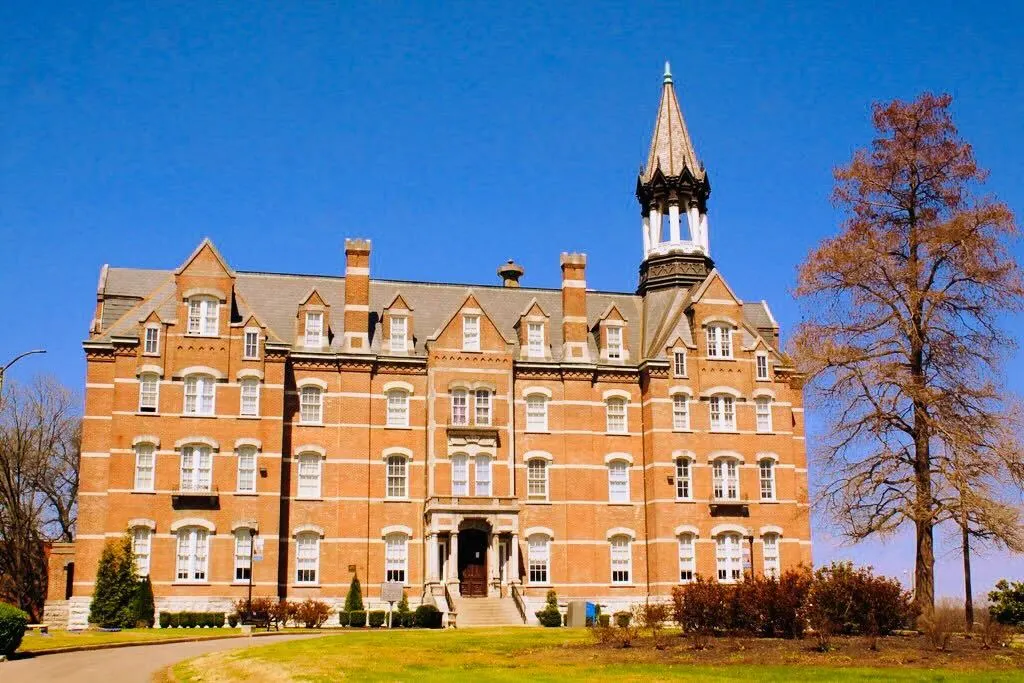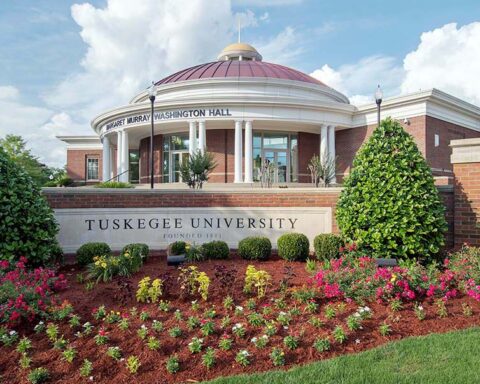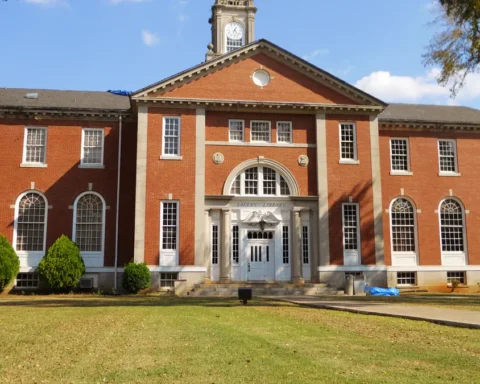By Quintessa Williams
Nashville’s council has approved a motion to repurpose millions in federal COVID-19 relief funds to support Fisk University, the city’s oldest institution of higher education.
Approximately $8.5 million of the remaining funds from a $10 million American Rescue Plan Act grant, which was initially intended to renovate Fisk’s historic Burrus Hall, will now be redirected to help the university maintain financial stability amidst budget challenges over the upcoming academic year.
The council voted 35-1 in favor of expanding the use of the funding, with District 16 Council member Ginny Welsch being the sole vote against it.
According to The Tennessean, the funding comes from Nashville’s total $259.8 million pot of one-time federal ARPA money and was originally allocated to transform Burrus Hall into a 12,000-square-foot business incubator facility. The project was supported by former Nashville Mayor John Cooper, who pitched the funding allocation and advocated for the council’s support.
Of that $10 million grant, about $1.5 million has been spent on renovation design and development, according to Metro Finance Director Kevin Crumbo. The Darrell S. Freeman Sr. Incubation and Innovation Center celebrated a kickoff event in January 2023, but renovation of Burrus Hall is now on hold. The center is named for the late Darrell Freeman, a prominent Black business owner who long dreamed of creating a business resource center in North Nashville.
District 3 Council member and Fisk alumna Jennifer Gamble said the incubator program itself is up and running with its first cohort of businesses, but the renovation of Burrus Hall is delayed.
“The overall premise here really is that Burrus Hall as was intended can go on at some point, but at this moment, the university has different needs and really needs to work through its own fundamentals before it can bring around the completion of that project,” Crumbo told members of the COVID-19 Financial Oversight Committee in May.
Fisk University, a historically Black college, recently celebrated its 150th commencement. Approximately 90% of Fisk’s roughly 1,000 students receive financial aid, and around 60% are eligible for the federal Pell Grant, according to Fisk University President Agenia Walker Clark. Nationwide delays in processing the Free Application for Federal Student Aid (FAFSA), the gateway for federal tuition assistance, has put Fisk in a “very precarious position,” Clark told committee members in May.
Clark said Fisk is working to build a more robust philanthropy outreach strategy. In the meantime, these funds would provide a “bridge.”
District 26 Council member Courtney Johnston, who serves on the oversight committee, said while she agrees Fisk is an important part of Nashville, using the funding to “bail out a private university” is “just not the best use of taxpayer dollars.” Johnston was not present for Tuesday’s vote but voted against the resolution in the Budget and Finance Committee Monday.
Clark said in May that completing the Burrus Hall project is “hugely important” to her but she’s currently focusing on the longevity of Fisk’s mission: higher education.
“While I understand your statement about Metro investing in a private school, I have to say, if not for Fisk, there would be no Music City,” Clark told Johnston in May. Nashville’s moniker came about because of the Fisk Jubilee Singers.
Crumbo will build a monthly accountability reporting process that he will share with the oversight committee and Metro Council, he said Monday.
“In the end, Fisk will be better off, entrepreneurship will survive and this jewel of our city won’t be lost,” Crumbo said.
Built in 1945 and designed by African American architecture firm McKissack & McKissack, Burrus Hall falls within the Fisk University Historic District. The two-story building is named for James and John Burrus, two of the university’s first graduates from the class of 1875. The brick structure was named to Historic Nashville Inc.’s list of nine most at-risk historically significant buildings in 2019.





